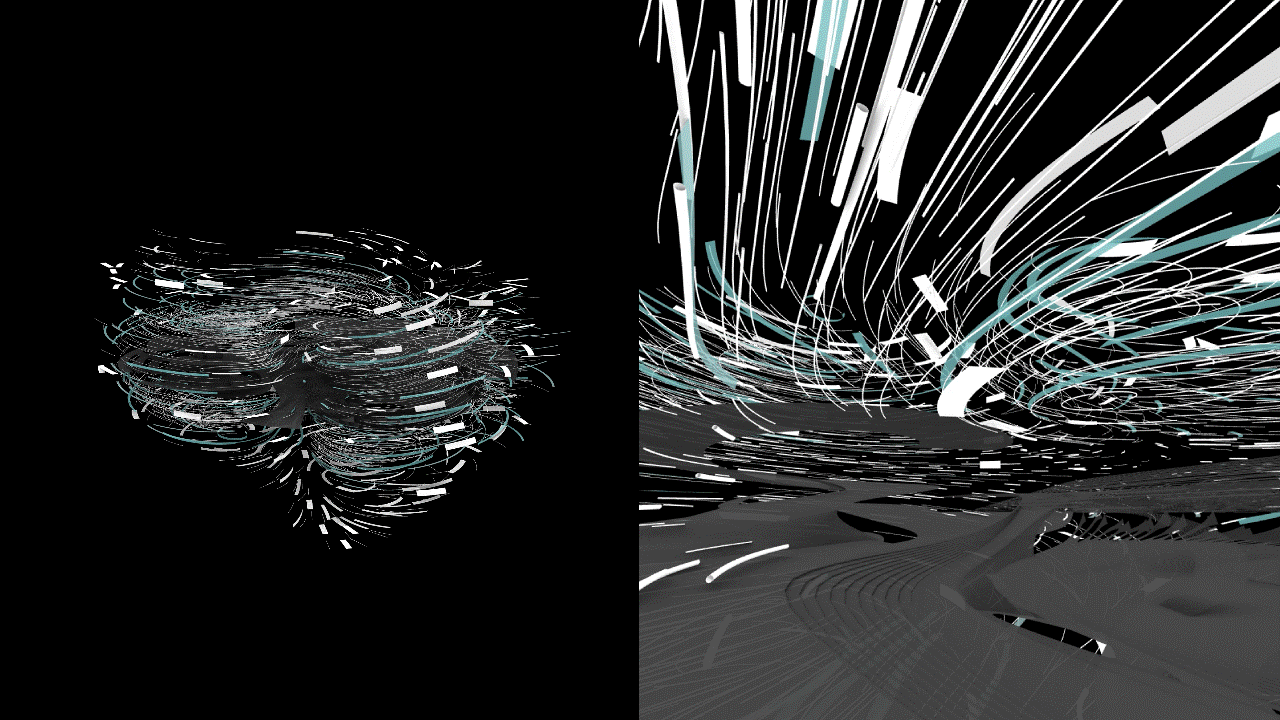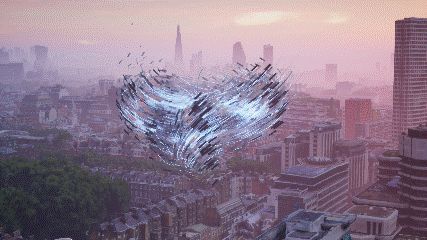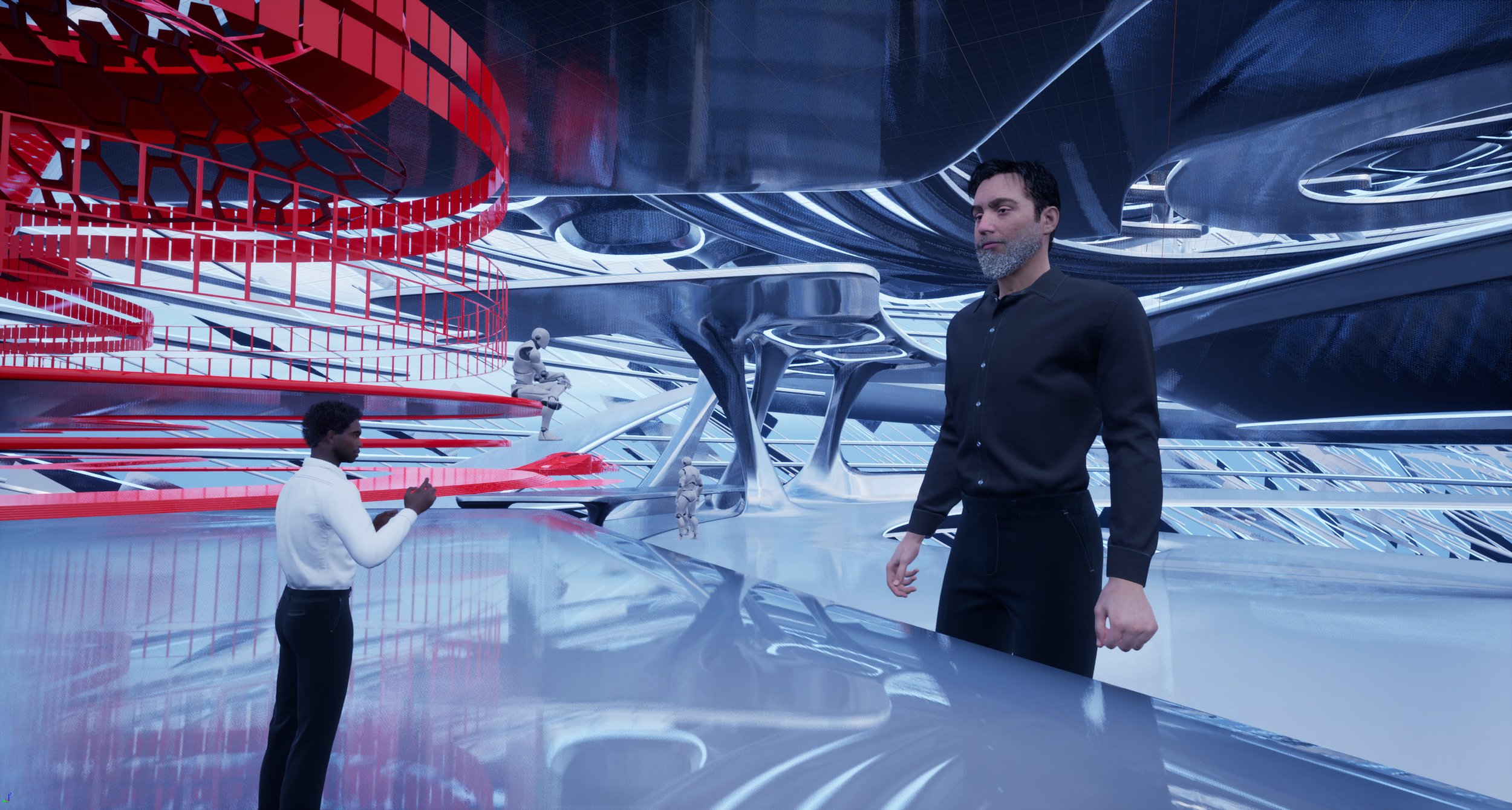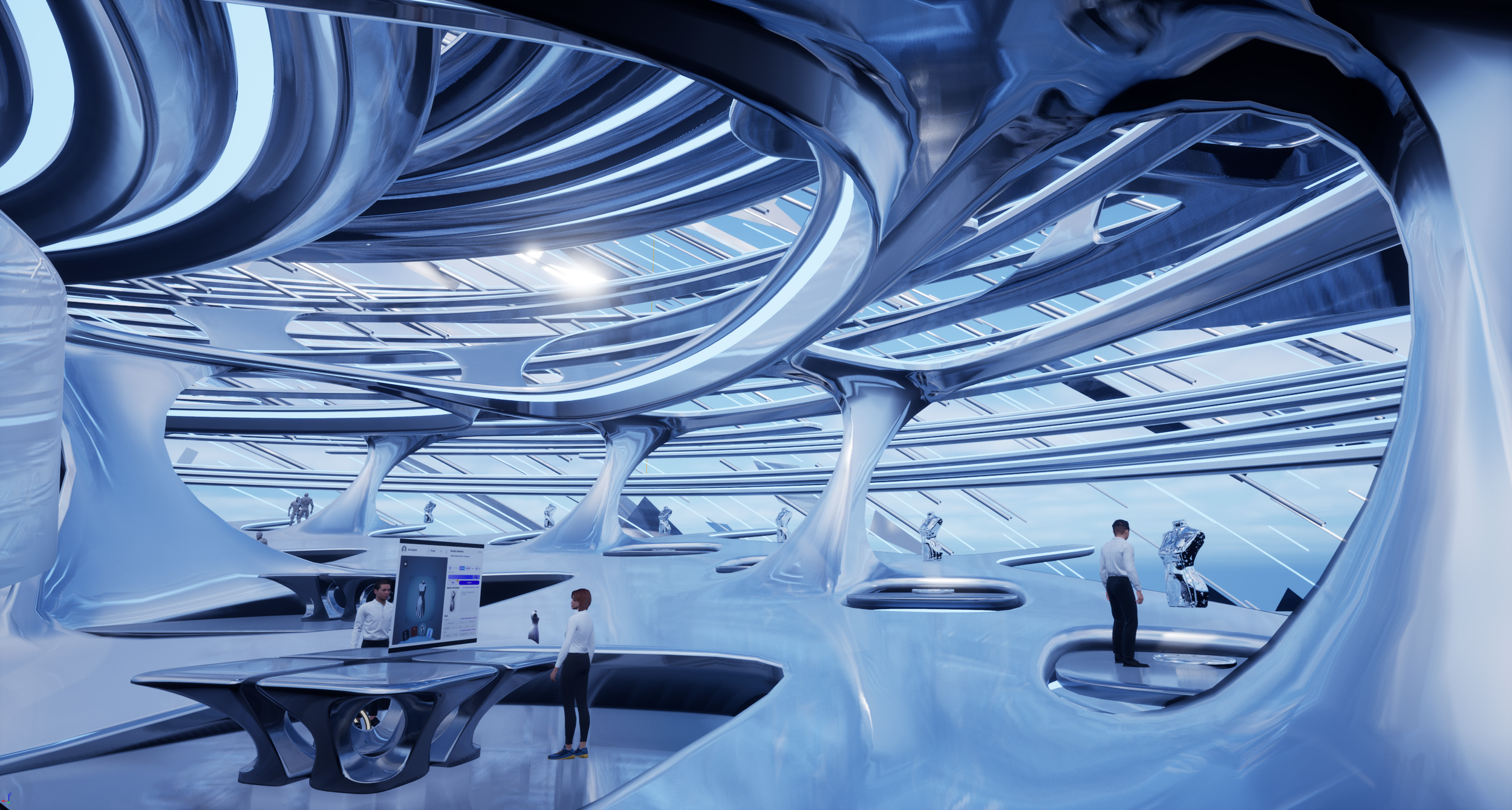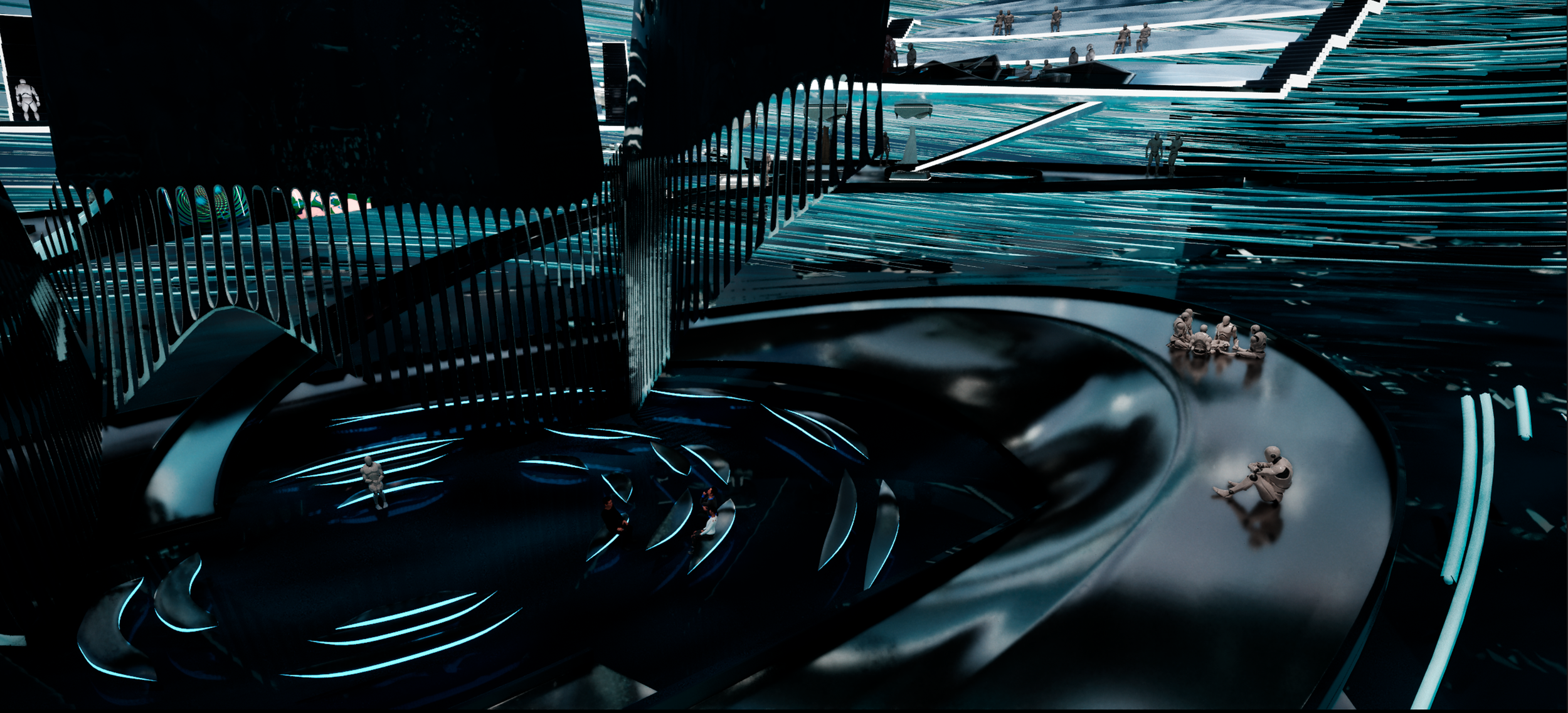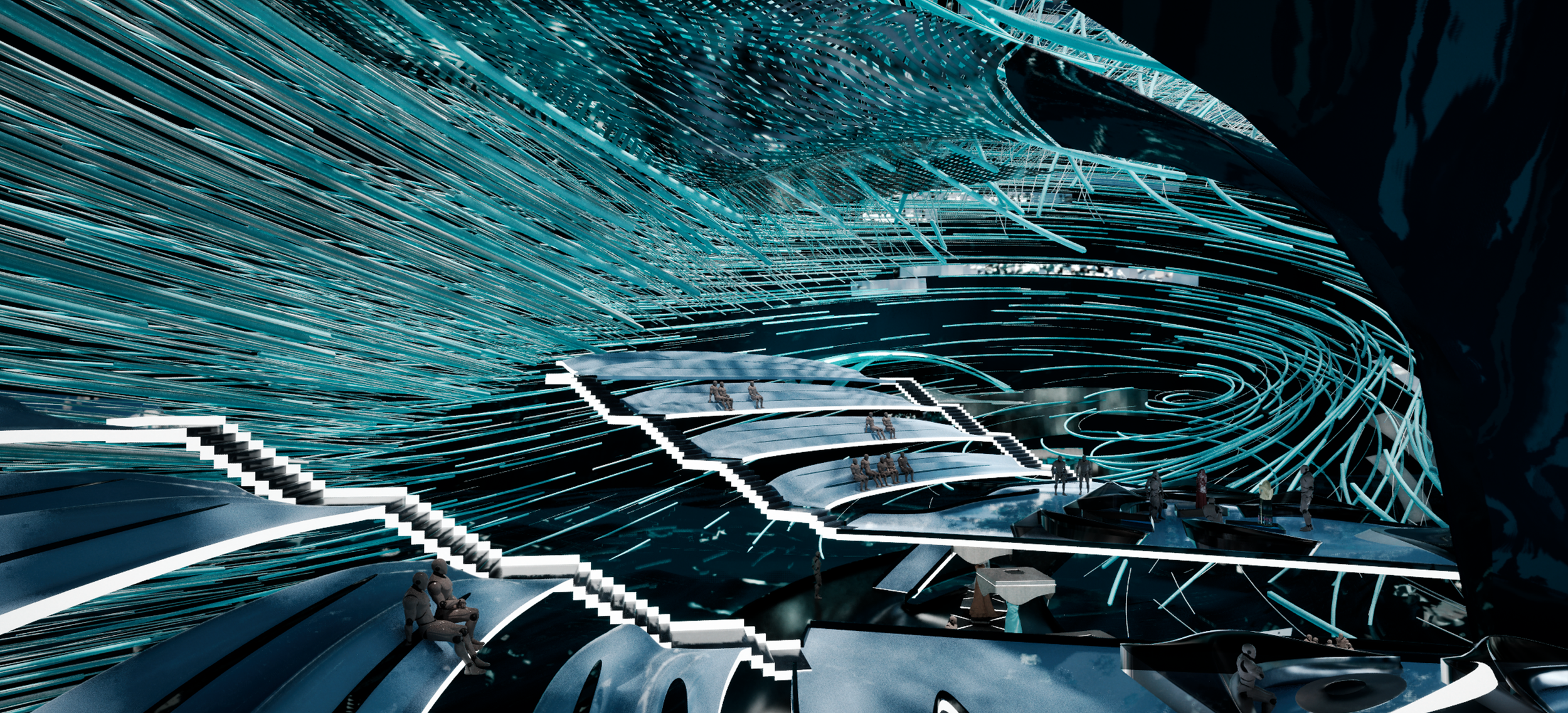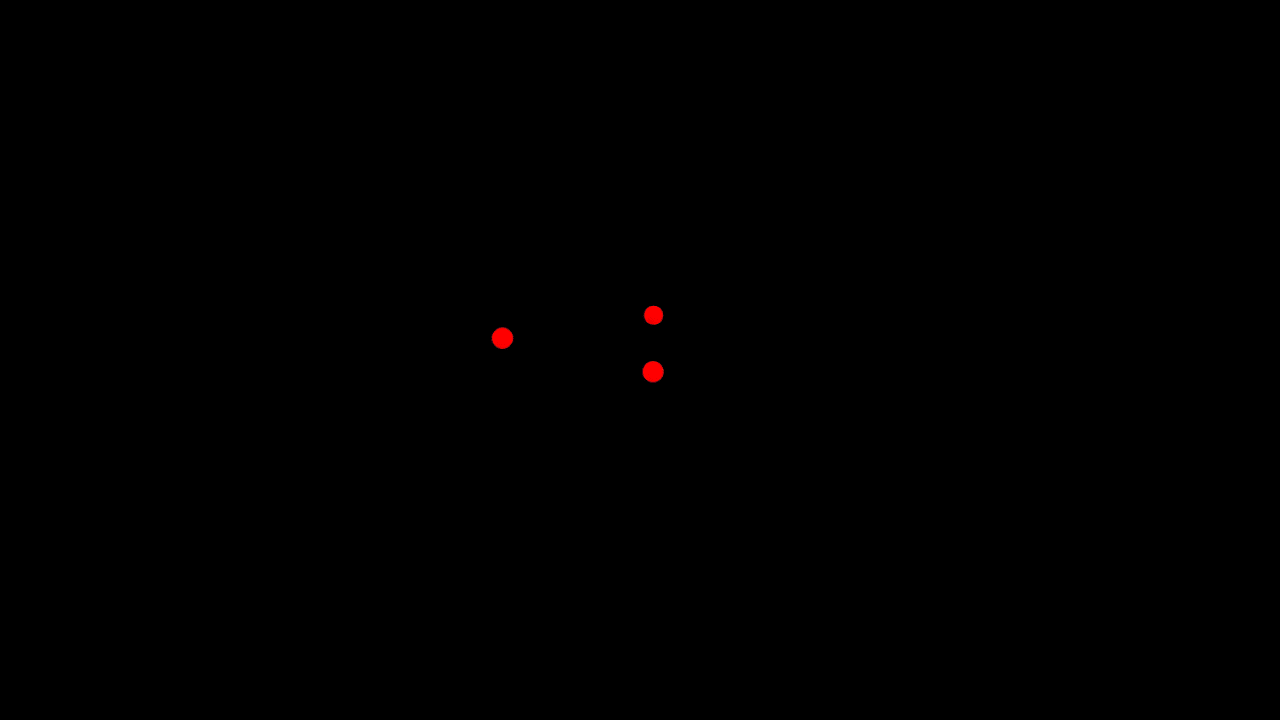Virtual Bauhaus
Studio Patrik Schumacher
Tutors Jose Pareja Gomez, Aswin Shah
Team Jiayue Sun, Chundi Zhang, Min Zheng
The Virtual Bauhaus for the 21st century explores the metaverse as a tool for redefining social function in education within both virtual and physical worlds. Our aim is to build on the legacy of Bauhaus, not just as an educational institution from over a century ago, but as a visionary movement and its ambition to reshape education, communication and design. Advanced digital technologies offer productive platforms for communication and social exchange, revealing how architects can continue to explore core competencies such as spatial design, phenomenology, and semiology within virtual spaces. These have been further enriched by dramaturgy, as dynamic interaction becomes central to the virtual world. The Virtual Bauhaus suggests the potential of digital platforms to make education more accessible and multidisciplinary, breaking down geographical barriers and fostering global collaboration. Our proposal emphasizes three levels of knowledge accessibility - local innovation hubs, multidisciplinary remote collaborations, and public knowledge sharing—each supporting distinct learning and interaction frameworks. The design prototype utilizes a "cloud" structure composed of dynamic, fragmented pieces that can adapt in scale, orientation, and visual properties to shape user experiences. These incorporate symbolic forms to signify different disciplines, such as architecture, fashion, and product design, blending seamlessly into the global structure for intuitive navigation. Interactive elements, including color-coded lighting and projections on fragmented surfaces, help further enhance spatial recognition and knowledge accessibility. Meanwhile AI- agents simulate social dynamics, guiding users intuitively through sound and movement. Advanced AI integration also provides collaborative creative opportunities, inviting artists and architects worldwide to modify and contribute together within the predefined virtual framework. Ultimately, we propose the Virtual Bauhaus as a model for how architects can engage with the digital world, merging technological advancements with explorations of social functions and communication, and becoming more instrumental in shaping the future of collaborative architecture and design.

